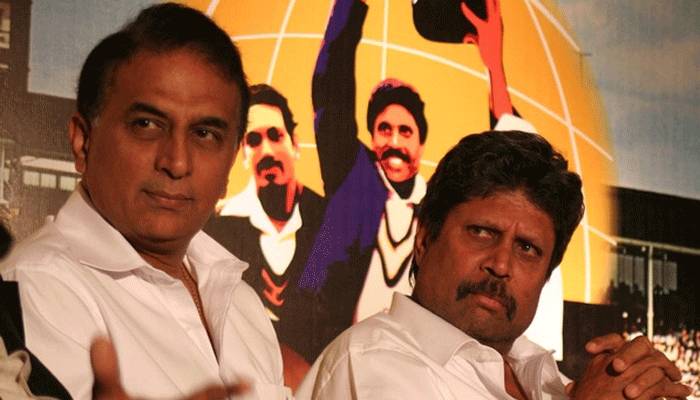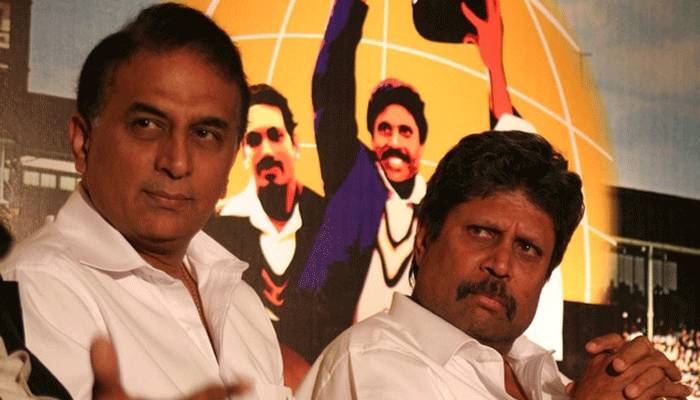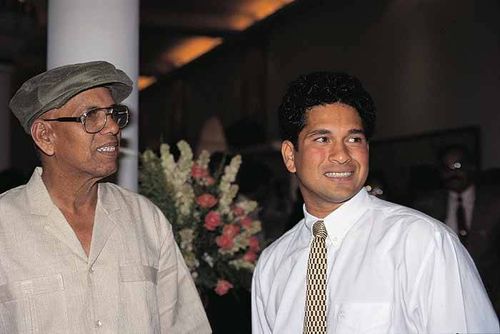
The coach or mentor debate featuring Sunil Gavaskar

Since the term of Duncan Fletcher ended on March 31 right after the end of World Cup 2015, the BCCI has been on a frantic search for a head coach of the Indian Cricket team.
Adding to this, the recent remarks of Mr.Gavaskar during the release of another former Indian opener Madhav Apte’s autobiography, ‘ As Luck Would Have Had It,’ saying that the issue is whether the Indian Cricket team needs a coach or a mentor, has stirred up the debate.
As the little master casually observes that the Indian team needs a mentor more than a coach, he said, “A coach is necessary at the junior level when you are starting out and looking to make a career in the sport. That is the time to learn - and correct - technique and stuff.” he added.
Furthermore, Sunny has found support in the form of Kapil Dev who said that the team needs a good captain and a former cricketer who is not a coach but a manager. In a team where cricketers are rockstars and superstars, it is very important to manage them. According to the former cricketer, today's players need a colleague who can help them if they are down and out.
In the meantime, BCCI President Jagmohan Dalmiya has supposedly made advances to Sourav Ganguly to be the Team Director and take over the mantle from Ravi Shastri. And today BCCI secretary Anurag Thakur has announced an advisory committee comprising of Sourav Ganguly, Sachin Tendulkar, and VVS Laxman. Their main focus would be to focus on India’s overseas performances which have been dismal in recent times.
Nevertheless, the BCCI think tank has officially announced that the coach of the Indian team will be named on June 6 2015 and no hint about the name of the same has been heard so far. Will there be a surprise in store just like the appointment of Bayliss as the head coach of England’s cricket team, it can only be speculated?
In response to the above-mentioned question, it is first appropriate to understand the roles of a coach and a mentor. As Gavaskar observes the role of a coach is of utmost importance at grass root levels where the player needs to work on his techniques while a mentor comes into picture only when the player has reached higher levels where the mentor merely tells the player how to go about things.
It can also be contended at this juncture that there exists no difference between a coach and a mentor and they are basically different terms for the same job profile. The idea of a coach being a mentor can be seen at an early stage of a player’s career but as the player grows so does the distinction between both and this can be very fine undoubtedly but significant nonetheless.

What follows as a necessary corollary from the above is that the players in the Indian Cricket team have already reached a level where all that they need is someone who advises them to do things in a correct manner. Without any sense of complacency and cockiness which perfectly fits the job profile of a mentor and not a coach.
Essentially a coach is required to create an environment whereby a strong work ethic is advocated which promotes the forging of relationships between seniors and juniors and a desire to win and perform on the field. But fundamentally speaking it is still the players which make their own career and not their coaches.
Lastly, the idea of having a mentor and no head coach is a novel concept in itself unprecedented in the history of cricket and it only remains to be seen whether the BCCI will be bold enough to be adaptive enough to such views as expressed by the former Indian cricketers.